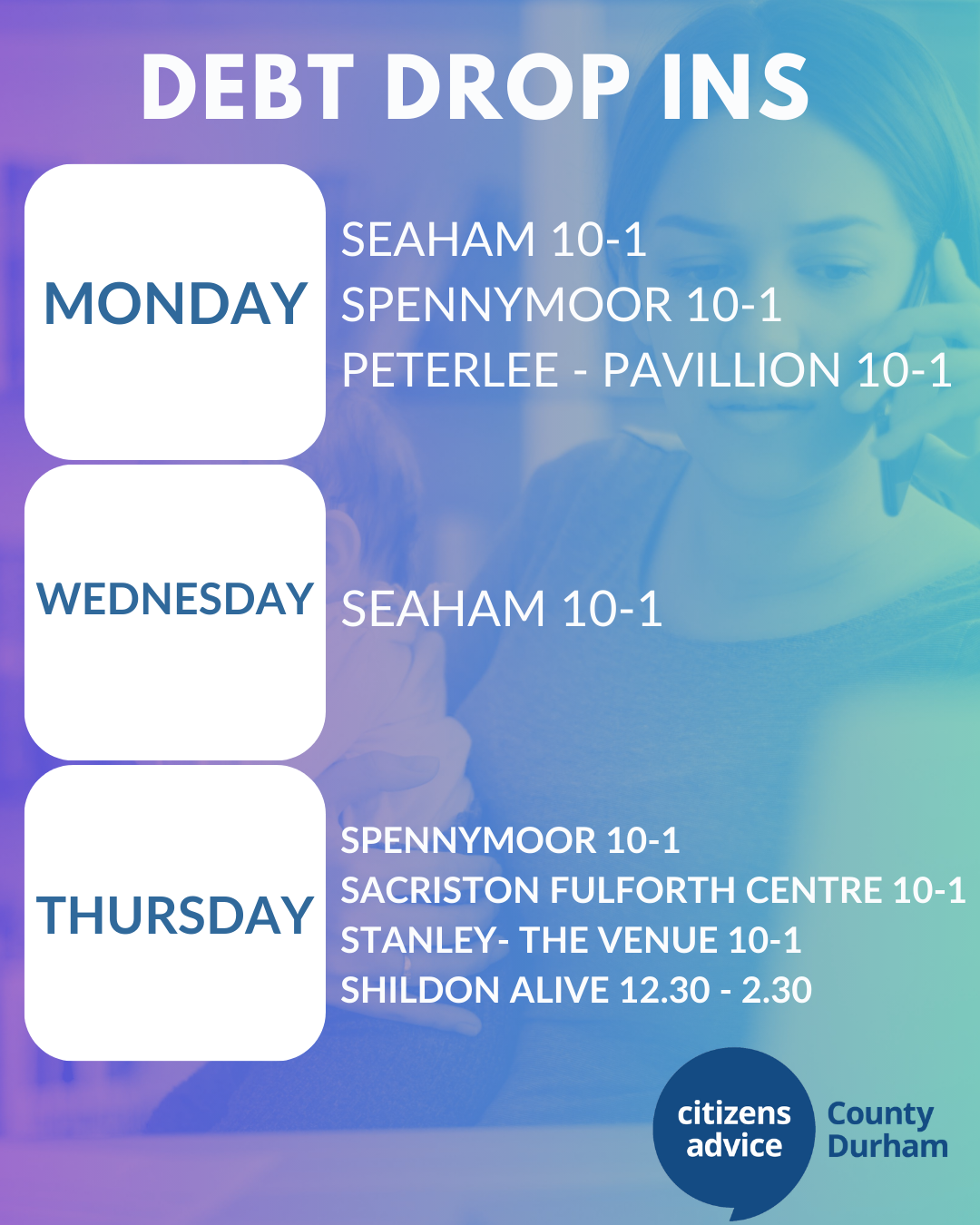We’re coming out and about….
Whether you need some tips on how to save money on your energy usage or you are having problems keeping…
Read article
October 24, 2024
A government’s first Budget is an opportunity to present its agenda and ambition to the country; to set the tone and intent for the next 5 years. The one scheduled for 30 October is no exception, but the Chancellor has taken care over recent months to stress the scale of the challenge facing the government as a result of the ‘fiscal black hole’. The message is; this budget will be full of tough choices.
At Citizens Advice we help people make tough choices every day. Our frontline advisers help thousands of people facing extreme hardship, and support them to find a way forward. Our specialist debt advisers sit down with those facing rising debt and help them make savings, increase their income, organise debts and get onto more affordable repayment schemes.
But since 2019, the tools that allow us to do this have been eroded. More and more people come to us already claiming all the benefits and support they’re entitled to, working all the hours they can, and are still unable to make ends meet. The situations people find themselves in are getting more complex, and harder to resolve. The average person we help needs advice on 5 different issues — that means we give advice on more than 32,000 problems every day.
These are the people the Chancellor must keep in her mind’s eye when delivering her Budget. How to improve people’s living standards, put money back into pockets, and grow the economy must be a constant focus for the government throughout its time in office.
But before the government can do this, they must focus on preventing the problem from getting worse.
No one wants to rely on emergency or charitable support. But at Citizens Advice we estimate 5 million people across the country are in a negative budget, meaning their income doesn’t cover their essential outgoings, with millions more only avoiding severe debt by skipping meals, or not heating their homes.
These people will be looking to the Chancellor’s statement on 30 October, not with an unrealistic expectation for things to improve overnight, but for confirmation that the new government won’t make their lives harder by withdrawing basic lifeline support.
For Citizens Advice, not pushing people into greater hardship is a fundamental indicator of this government’s intentions on living standards. That is why the government needs to confirm the following:
There are other measures we hope to see via this Budget that we know will improve living standards without significant cost to the Treasury, such as bringing pre-Individual Voluntary Agreements (IVA) advice under FCA regulation. Universal Credit deductions could also be mitigated on a cost-free basis. For example by reducing the cap on the amount that can be deducted.
But for those already at the sharpest end of the living standards crisis, they will simply be looking to the government not to make further reductions in support that will push them further into trouble.
Categories: Research & Campaigns

Whether you need some tips on how to save money on your energy usage or you are having problems keeping…
Read article
With County Durham’s 10-day forecast showing a wintry mix with cold temperatures, icy conditions, snow showers, and temperatures dropping below…
Read article
Got money worries? Pop along to one of our drop in sessions to see a debt advisor or scan the…
Read article